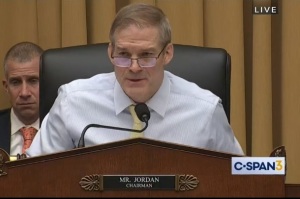NASA Finds Potentially Habitable Ocean Environment on Saturn's Moon
Who would have thought that Enceladus — Saturn's small, icy moon, which is a billion miles farther from the sun than Earth — could support life? But that's what a team of scientists from NASA thinks, following new findings gathered by the Cassini probe.
One ingredient found that led to the groundbreaking theory is hydrogen gas, which is abundantly spewed from a plume. Enceladus is known as "ocean world" due to the global ocean that lies beneath its icy crust. On its seafloor, hydrothermal activity that was pouring into its subsurface ocean was found.
The scientists say hydrogen gas could potentially provide a chemical energy source for life.
"It could be a potential source for energy from any microbes," Fox News quoted Linda Spilker, Cassini project scientist at NASA's Jet Propulsion Laboratory in Pasadena, California.
NASA's press release explained that microbes — if there are any that exist there — could combine hydrogen with carbon dioxide dissolved in water to obtain energy. This chemical reaction — known as "methanogenesis" because it produces methane as a byproduct — is at the root of the tree of life on Earth and could even have been critical to the origin of life on our planet.
"We now know that Enceladus has almost all of the ingredients you would need for life here on Earth," Spilker added.
She enumerated the elements found on Saturn's moon as carbon, hydrogen, nitrogen and oxygen. Only phosphorus and sulfur are missing.
But scientists suspect there is phosphorus and sulfur present considering that Enceladus' rocky core is thought to be chemically similar to meteorites that contain the two elements.
"Confirmation that the chemical energy for life exists within the ocean of a small moon of Saturn is an important milestone in our search for habitable worlds beyond Earth," Spilker concluded.




























